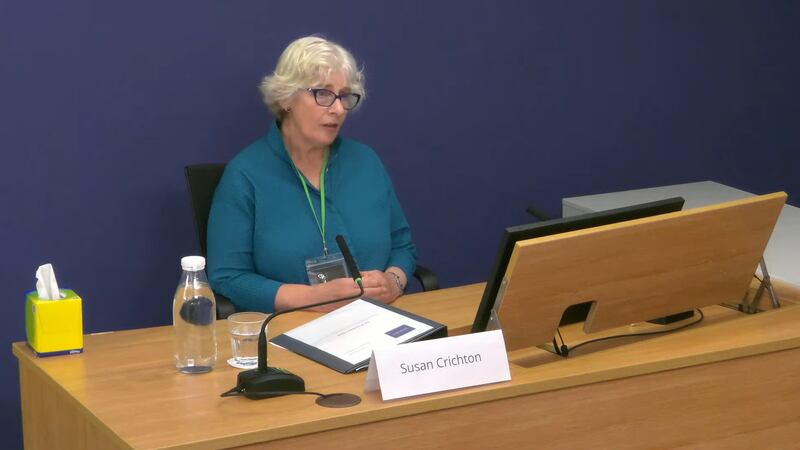The historical and political context under which indigenous language legislation was introduced in Wales and Scotland differs from Northern Ireland.
Most notably, in both Wales and Scotland, no single religious, social or political group has any direct affiliation with Welsh or Scots Gaelic respectively – nor is any group especially averse to the languages.
The use of both Welsh and Scots Gaelic varies regionally across each country and in both cases generally proves more popular the further you are from England and from the metropolitan centres.
And while there has been resistance to language legislation in both Wales and Scotland, it hasn't been linked to a broader political perspective and rarely, if ever, is seen as undermining people's British identity.
The Welsh Language Act of 1993, introduced by John Major's Tory government, was the first piece of legislation in Britain that sought to protect an indigenous language after centuries of suppression. It made Welsh an 'official' language and required public bodies to produce schemes that ensured the equality of Welsh and English. The legislation was augmented in 2011 by the Welsh Assembly, which introduced a legal framework and set certain standards.
The standards approach – as opposed to the scheme approach – is seen as giving organisations greater clarity about their obligations, while making assessment of compliance easier.
It also saw the creation of a Welsh Language Commissioner, a post currently held by Meri Huws, whose office receives annual funding of £3.5m.
She describes her role as both "regulator and advocate" and she acknowledges that striking the balance between the two can be "quite challenging".
English notwithstanding, of all these islands' indigenous languages, Welsh is the most widely used proportionately, with 23 per cent of the population speaking Welsh and just over half that number speaking it fluently. Since legislation was put in place, use of Welsh has increased and its reach into urban centres such as Cardiff is now much greater.
"The general feeling is that there is a momentum and a change in attitude," Ms Huws told The Irish News
"There's increased sight of the language and you'll hear Welsh a lot more, whether it's announcements in shops and even lifts."
The commissioner cocedes that "pockets of resistance" to the language remain but that such voices represent a very small minority.
To date, she has yet to use her powers to impose a fine on a non-compliant company or organisation.
While Welsh can be used in the courts by any person "who desires to use it", a set of regulations for the justice system has yet to be agreed.
There is also no legal duty on schools to provide Welsh medium education, however, there is a statutory requirement for local authorities to assess demand for children to be taught in Welsh. Road signs in Welsh have been around for decades in some parts of the country but since 2015 there has been a legal requirement that all new signage or replacement signs are bilingual.
Beyond the cost of the commissioner's office, the cost of having a Welsh Language Act is difficult to quantify, because services in Welsh, such as schooling, often replace those initially offered in English at no additional cost
Scotland's Gaelic Language Act was introduced in 2005 and is not as far-reaching as its Welsh counterpart, arguably reflecting less widespread usage. The 2011 census showed that 1.7 per cent of the population – mostly confined to the Highlands and islands – had some Gaelic language skills. It has been argued that the legislation is deliberately vague to account for regional differences, and notably, there is no commissioner to regulate or advocate on the language's behalf, though there is a Bòrd na Gàidhlig (Gaelic Language Board) with an annual budget of £5.1m
The board has created schemes for public bodies – not private – to adhere to, but unlike Wales, there is no right to have a service provided in Scots Gaelic.
According to Douglas Chalmers from Glasgow Caledonian University, who has conducted research into the legislation's impact, there has been a significant shift in public opinion over the past decade – 74 per cent of Scots now regard Gaelic as important to their heritage.
"There's been a change in the general attitude, from people seeing Gaelic as the enemy to more of an ally that can help decode parts of their history," he said.
Adopting the language in part is also seen as a benefit to businesses in certain sectors, especially tourism.
According to Dr Chalmers, the potential value of Gaelic to the Scottish economy is between £82m-£149m.
"Where it was once seen as a problem for businesses, some firms now regard it as part of the solution in terms of economic growth," he said.




